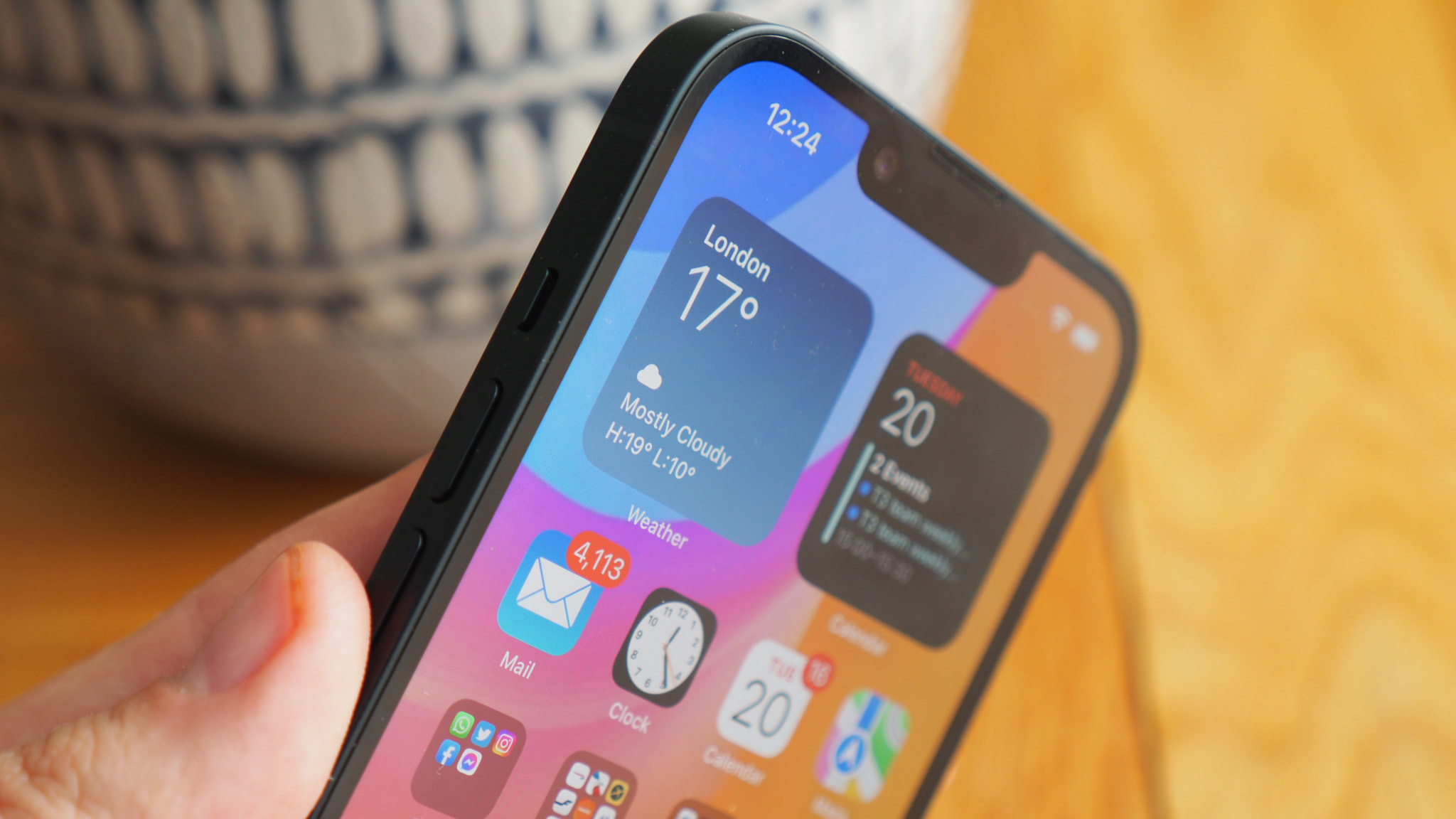
The next iPhone SE is getting an OLED display, and one of the key suppliers will be LG.
In addition to a better display the SE 4 is expected to get a significant processor and camera upgrade.
We're expecting the iPhone SE 4 to look very much like the iPhone 14 above, and it's likely to have a very similar display: the iPhone SE 4 is reportedly getting a 6.06-inch OLED display, the first time that OLEDs have made it into Apple's SE range. And now a new report says that those panels could be coming from a very familiar name in OLEDs: LG.
The report comes from trade site The Elec, which says that LG will be one of two suppliers for the edge-to-edge OLED panel alongside BOE. BOE is a key supplier of displays for the iPhone 15 and is lined up for the iPhone 16 too.
Apple's use of BOE is part of its move to depend less on Samsung Display, which is the usual display partner alongside LG. Samsung and BOE have reportedly had production issues and Apple, as ever, is keen not to be vulnerable to third parties' problems. As a result it's following its usual policy of spreading production across multiple companies.
iPhone SE 4: what to expect
In addition to that larger display, which makes the current iPhone SE (2022) the last of the small iPhones, the next generation iPhone SE is tipped for an A18 processor and between 6 and 8GB of RAM. The camera is believed to be a single 48MP camera.
That processor upgrade is interesting, because the A18 is the same chip that's destined for the iPhone 16; it represents a significant step up from the current SE's A15 Bionic chip and it would mean leapfrogging the A16 in the iPhone 15 too. The reason for that is likely to be Apple Intelligence, which Apple says is so demanding that many iPhones aren't up to the task of running it: if your iPhone is older than the iPhone 15, it's not currently destined to get Apple Intelligence in iOS 18.
That may be a moot point outside the US, where Apple Intelligence is launching first: Apple is claiming that it can't bring its AI to Europe this year because of the EU's Digital Markets Act, which is designed to curb anti-competitive and anti-consumer behaviour but which Apple says could limit its ability to deliver AI. While Britain isn't in the EU and isn't therefore covered by the Act, Apple is unlikely to offer its AI features here either.


.png?w=600)




